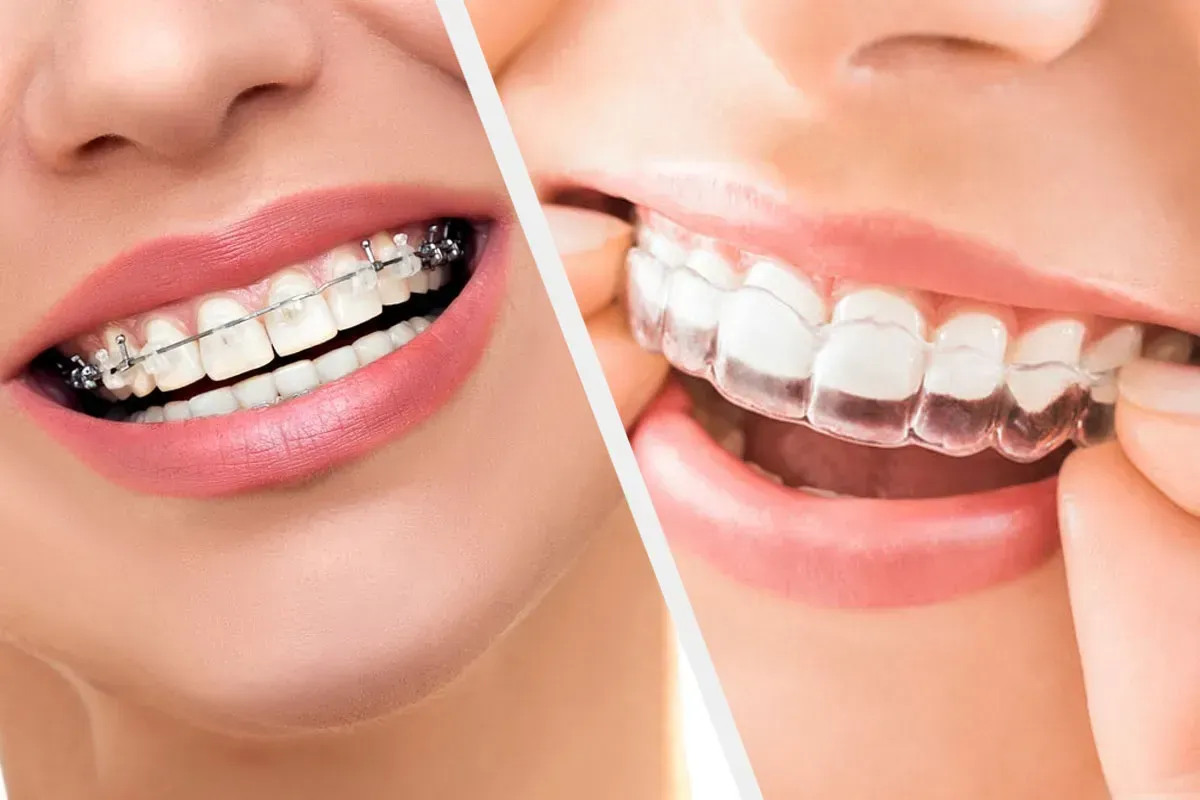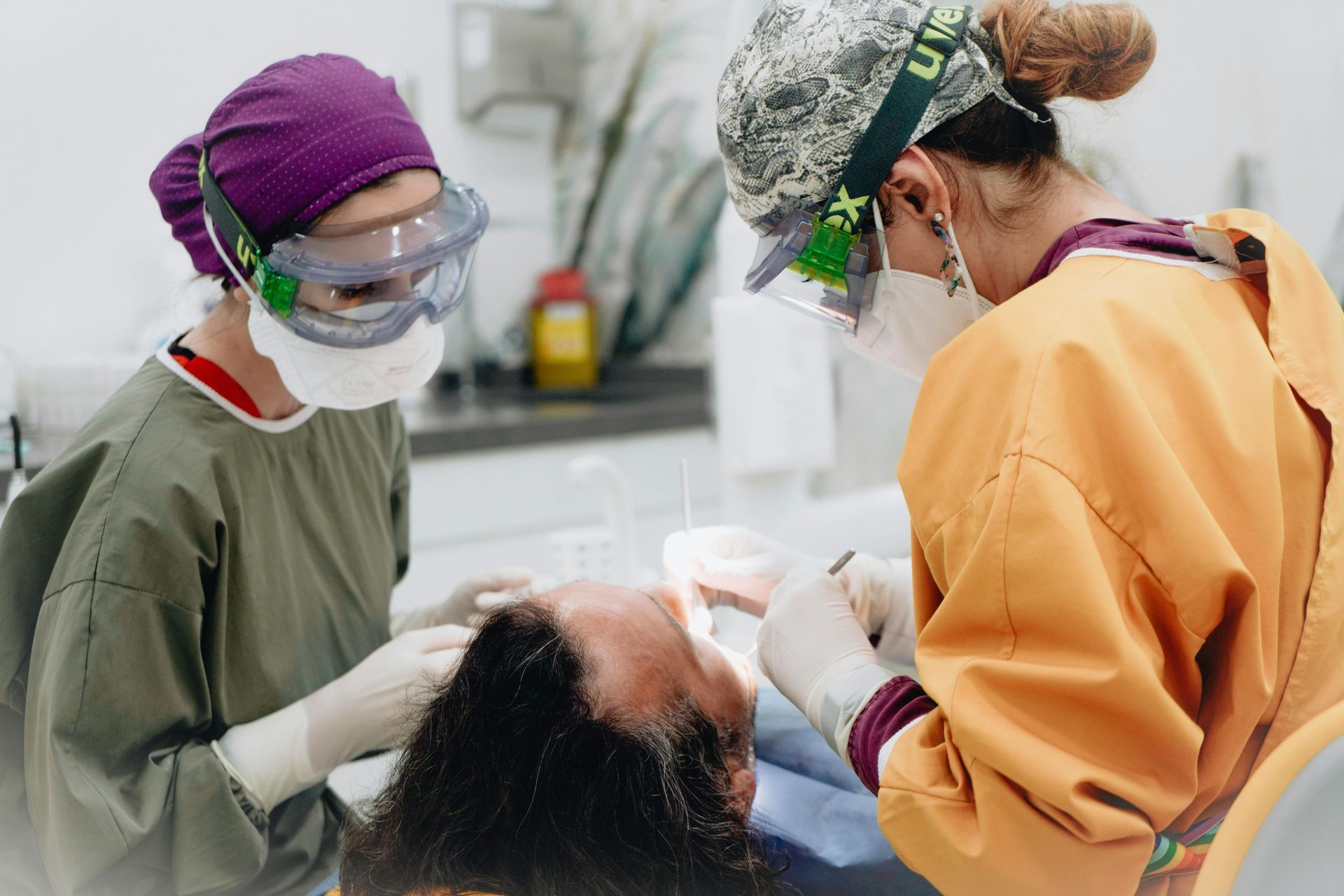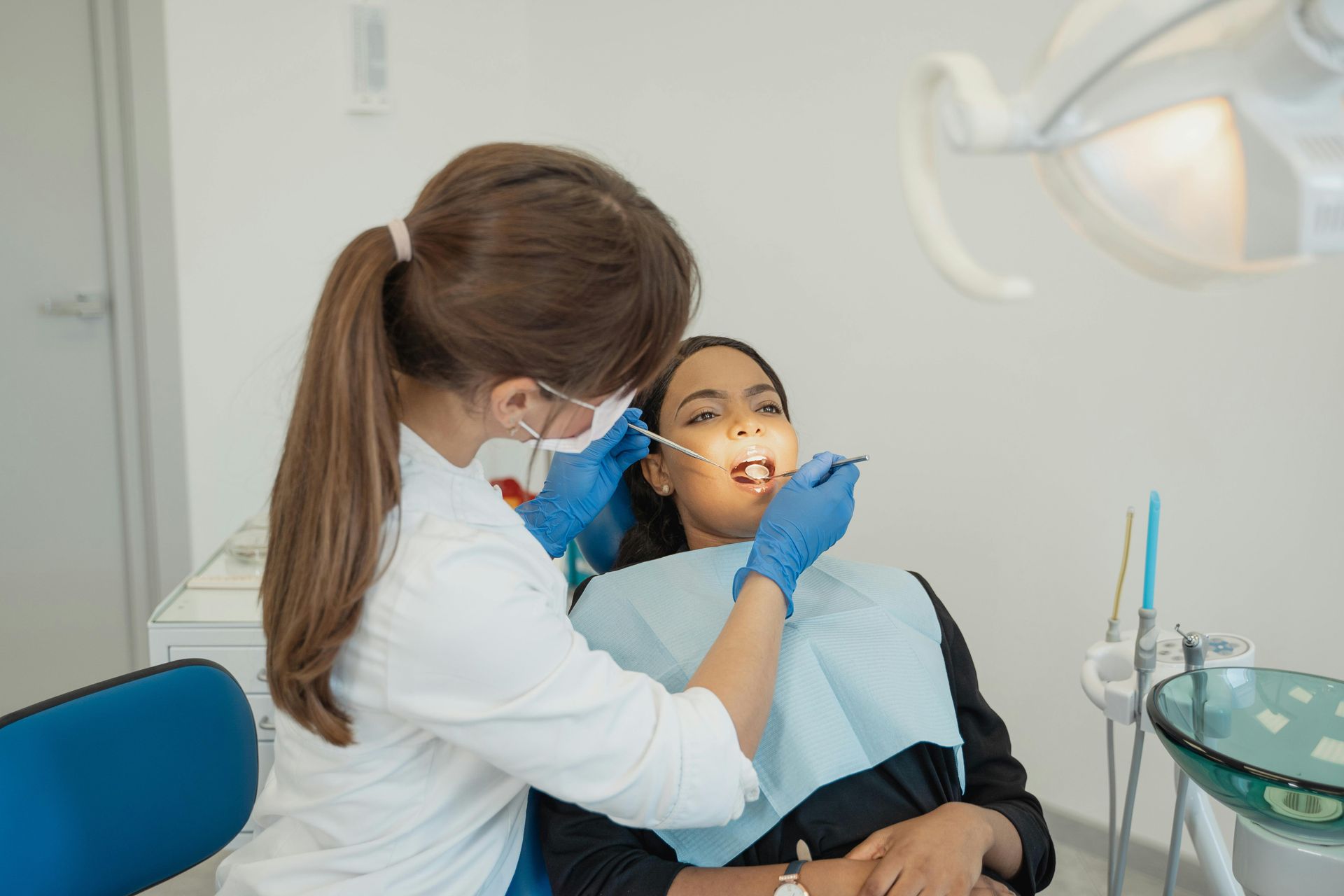1967 Lawrence Ave E, Unit 4, Scarborough, ON M1R 2Z2 | 647-955-3235
The Impact of Dental Health on Overall Wellness
The Link Between Dental Health and Overall Wellness
Dental health is often viewed in isolation, as something pertaining solely to the mouth and teeth. However, it's important to recognize that the state of our oral health can be a mirror reflecting the condition of our entire body. A healthy mouth is not just about a bright smile; it is fundamentally linked to overall wellness. For instance, periodontal disease, also known as gum disease, is associated with a host of systemic conditions.
Research has demonstrated connections between poor oral health and cardiovascular disease, which encompasses heart disease, stroke, and blood pressure-related issues. Bacteria from the mouth can enter the bloodstream, potentially leading to arterial plaque and inflammation. Tooth decay and tooth loss might seem like localized issues, but they have been linked to complications in other areas of health.
Chronic diseases like diabetes are closely correlated with dental health; not only are people with diabetes more susceptible to oral disease, but serious gum disease can also affect blood sugar levels, creating a cyclical challenge in managing diabetes. Moreover, dental health can impact respiratory diseases, as bacteria from gum disease could be inhaled or aspirated into the lungs, causing respiratory infections.
In this way, the mouth can serve as a gateway for bacteria to access the rest of the body, leading to potential systemic diseases that may have seemed unrelated to one's oral condition. Therefore, it's critical to consider dental health not just as an aspect of personal hygiene, but as an integral component of one's overall health strategy.
Understanding the Connection
The association between oral health and systemic health is more than coincidental. It's a relationship built on the foundation of years of scientific studies, revealing how oral conditions can influence and exacerbate certain medical conditions. For instance, oral bacteria and inflammation are known risk factors for several systemic diseases.
Periodontal disease is a chronic inflammatory condition that affects the gums and bones supporting the teeth. This condition has been recognized as a potential risk factor for cardiovascular diseases due to its possible role in arterial inflammation and atherosclerosis. Inflammatory markers from oral infections might also contribute to the development of cardiovascular issues.
When it comes to individuals with diabetes, the interaction between dental health and systemic control of the condition is notably significant. Patients with periodontal disease often find it more difficult to control their blood sugar levels, making diabetes management more challenging. On the flip side, those with diabetes are at an increased risk of developing periodontal disease, making oral health care a critical element of their treatment plan.
A less direct, but no less serious, concern is the impact of oral health on respiratory conditions. The same bacteria that cause tooth decay and gum disease can be breathed into the lower respiratory tract, which may lead to respiratory infections, pneumonia, and exacerbation of existing conditions like chronic obstructive pulmonary disease (COPD).
The Importance of Dental Health
Given the intricate relationship between oral health and overall health, maintaining healthy teeth and gums becomes a top priority. Practicing good dental hygiene, such as brushing twice daily, flossing regularly, and visiting the dentist for routine check-ups, can significantly reduce the risk of dental and systemic diseases.
Dental care serves as a form of preventive medicine, minimizing the risk of potential health complications down the line. For instance, by preventing tooth decay and gum disease, individuals can lower their chances of developing related health conditions or worsening existing ones.
Regular dental visits not only keep teeth clean but also provide an opportunity for dental professionals to detect early signs of oral disease that could indicate systemic health issues. This could make dental practitioners pivotal in early diagnosis and management of health conditions related to, or impacted by, dental health.
In summary, the state of one's mouth is deeply connected to the overall health. By investing time and effort into dental hygiene and care, individuals not just ensure healthy teeth and gums, but also contribute to their systemic health and well-being.
Dental Health and Chronic Conditions
Chronic conditions often have a bidirectional relationship with dental health, meaning they can impact and be impacted by the state of one's oral care. Poor dental hygiene can lead to an accumulation of bacteria which, if left unchecked, can contribute to the onset or exacerbation of several chronic diseases. For example, periodontal disease is linked to an increased risk of developing conditions like cardiovascular disease, diabetes, and respiratory disease. Additionally, those with chronic conditions may find that these systemic diseases can complicate their oral health, necessitating more rigorous dental care strategies.
The Connection Between Oral Health and Chronic Diseases
Oral health is strongly linked to several chronic diseases through complex mechanisms involving inflammation and infection. Bacteria originating in the mouth can enter the bloodstream, spreading to other parts of the body and potentially triggering systemic inflammation. Conditions such as diabetes can be more difficult to manage due to the presence of oral infections, which may affect blood sugar control. Conversely, well-managed oral health can have positive effects on controlling and preventing chronic conditions, highlighting the importance of oral hygiene in maintaining overall health.
The Relationship Between Periodontal Disease and Heart Disease
Periodontal disease, a severe form of gum disease characterized by inflammation and the deterioration of gum tissue and bone, is notably associated with an increased risk of heart disease. Studies suggest that the inflammation caused by periodontal disease may be linked to the development of arterial plaque, a risk factor for heart attacks and strokes. The exact mechanisms are still being explored, but it's clear that maintaining gum health is integral to cardiovascular health, making regular dental check-ups crucial for monitoring and managing the risk.
Oral Health and Respiratory Infections: A Closer Look
The mouth can act as a reservoir for respiratory pathogens. Poor oral hygiene can result in increased bacterial load, which can be aspirated into the lungs, leading to respiratory infections such as pneumonia. Patients with chronic respiratory conditions, like COPD, may experience exacerbations due to poor dental health. It's essential for these individuals to maintain good oral hygiene practices to mitigate the risk of respiratory complications.
Dental Care for Individuals with Medical Conditions
For those with existing medical conditions, dental care requires a tailored approach that recognizes the intersections between oral health and systemic diseases. Close collaboration between healthcare providers and dental professionals is essential for creating comprehensive care plans. Patients with medical conditions should:
- Inform their dental care providers about their medical history and medications.
- Schedule regular dental check-ups and cleanings.
- Practice diligent at-home oral hygiene.
By doing so, they can help prevent oral infections that may complicate their medical conditions and impact their overall health.
The Role of Dental Care in Overall Wellness
Dental care goes beyond keeping your smile bright; it's a critical component of your overall wellness. Every time you bite, chew, or smile, your dental health is at work, but its influence spreads much further than the oral cavity. Dental health impacts key systems in your body, and poor oral care can contribute significantly to systemic health issues.
For instance, periodontal disease – a chronic inflammatory condition of gums and supporting structures of teeth – has been identified as a risk factor for cardiovascular disease. The mouth's bacteria, if not properly managed through regular dental care, can increase the risk of systemic infections, which may lead to or exacerbate heart conditions.
Dental health is also tied to conditions like diabetes, where it can affect blood sugar control, thereby impacting overall disease management. Additionally, the American Dental Association points out that oral infections can lead to poor outcomes in people with rheumatoid arthritis, osteoporosis, and certain cancers. Dental care, therefore, is not merely about treating teeth but is a vital practice in preserving systemic health and preventing chronic diseases.
Regular Dental Check-ups and Cleanings
Regular dental check-ups and cleanings are not just about ensuring a pearly-white smile; they are foundational in preventing dental issues that can affect overall health. Check-ups often involve evaluations for signs of tooth decay, gum disease, and other oral health problems that could lead to more severe health issues if left unaddressed. Early detection of oral health diseases like periodontal disease can avert their progression and subsequent health complications.
Cleanings, on the other hand, rid the mouth of plaque and tartar build-up — the primary culprits in gum disease and tooth decay. These professional cleanings also allow for the removal of bacteria that could potentially lead to respiratory infections or impact cardiovascular health. It is generally recommended to have dental check-ups and cleanings every six months, but your dental professional might suggest a different schedule based on your personal oral health needs.
Importance of Treating Dental Issues Promptly
Ignoring dental problems can have dire consequences. Tooth decay and gum disease, for instance, can lead to tooth loss, but that's just the tip of the iceberg. The true impacts delve deeper, potentially escalating systemic inflammation or contributing to chronic diseases. Dental issues tend to worsen with time, and what might have been a simple filling today could become a root canal or extraction tomorrow if neglected.
Toothaches, swelling, and other symptoms of dental distress are signals that your body sends out, indicating an underlying issue that can affect overall health. Addressing dental problems as they arise not only serves to preserve your dental health but can curtail the spread of infection and systemic inflammation, effectively protecting your overall well-being.
Good Oral Hygiene Habits for Overall Wellness
Good oral hygiene habits contribute significantly to overall wellness. The adoption of the following practices can help maintain not only dental health but also overall health:
- Brush teeth at least twice a day with fluoride toothpaste to remove dental plaque and prevent tooth decay and gum disease.
- Floss daily to remove plaque from areas your toothbrush can't reach.
- Eat a balanced diet, reducing the intake of sugary and starchy snacks that can contribute to tooth decay.
- Avoid tobacco in any form, as it increases the risk for gum disease and oral cancer.
- Use an antibacterial mouthwash to help reduce plaque and remove remaining food particles.
- Seek professional dental advice regarding additional preventive measures like dental
- sealants, which can provide an extra layer of protection against cavities.
By following these habits, individuals can significantly reduce their risk of developing dental issues that might complicate pre-existing medical conditions and can ensure their teeth last a lifetime, all while contributing dynamically to overall health and wellness.
If you think your oral health could be affecting your wellness, call us today at 416-222-82-96 to schedule an appointment for a general check-up to detect any potential signs of alarm.
Tel: 647-955-3235
Fax: 647-955-3235
Email: hello@wexdental.ca
Address: 1967 Lawrence Ave E
Unit 4, Scarborough, ON M1R 2Z2












